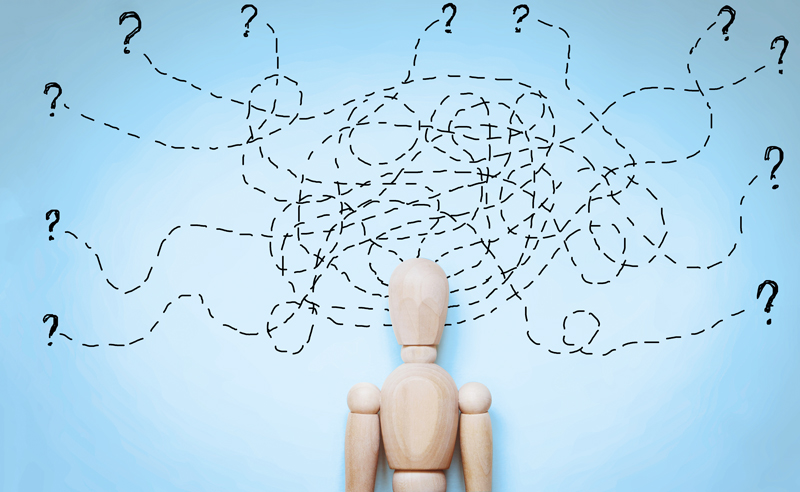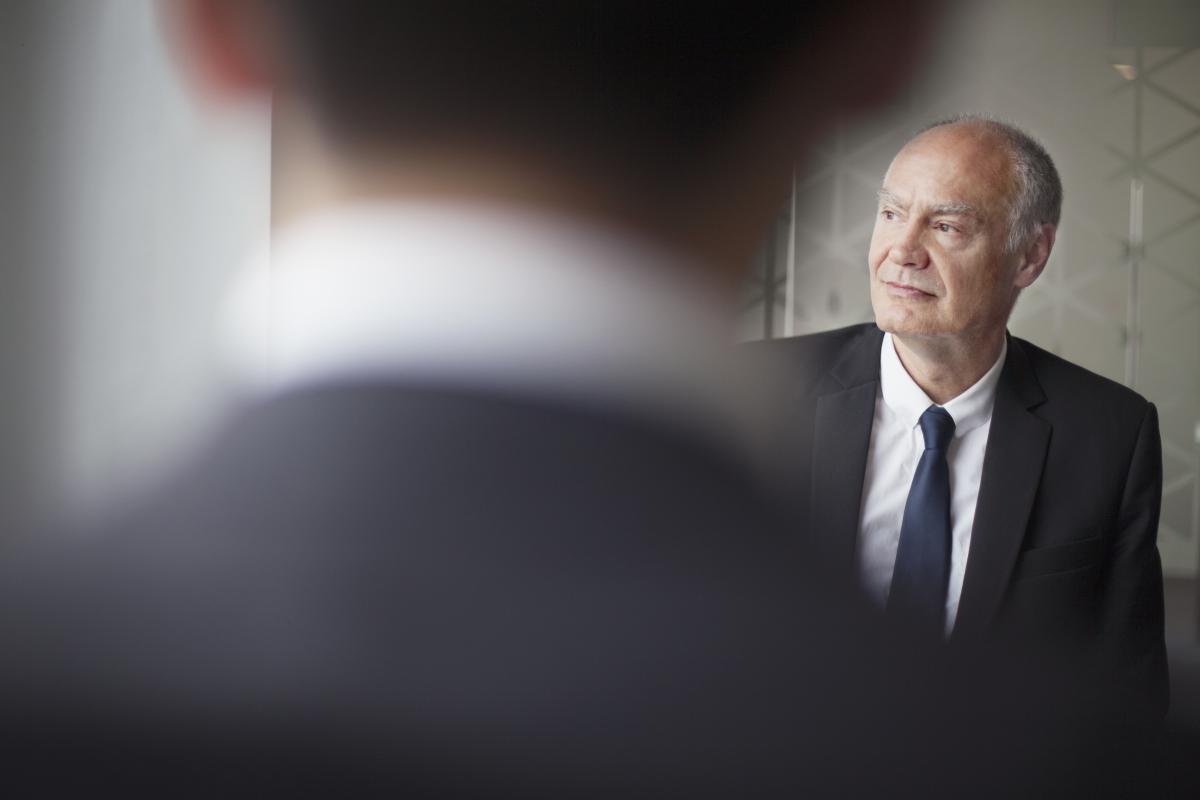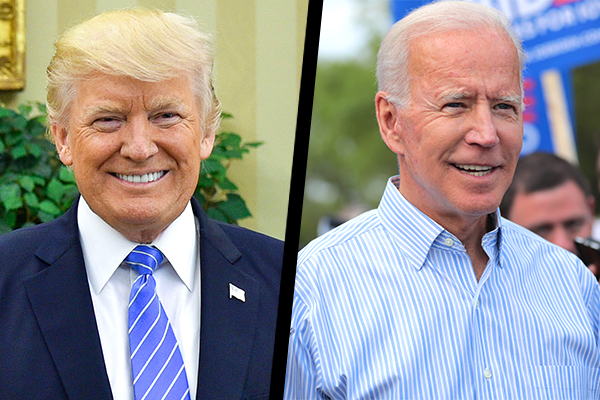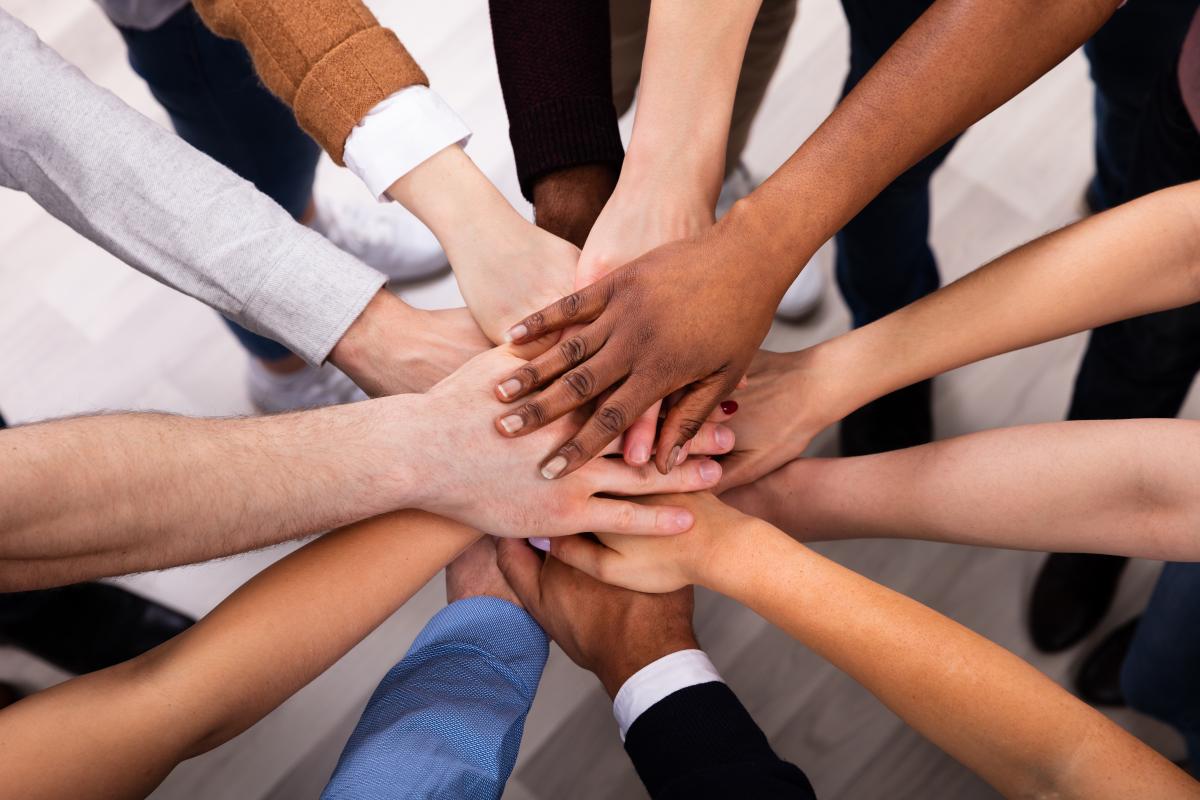21 Apr Covid_19 and the Mental Health Challenges to Family Businesses
We are emerging from COVID_19 changed people into an altered world. Many of the families I work are only now beginning to see the full impact the pandemic on their lives, the lives of people they love and for whom they are responsible, and the planet they are privileged to live on. In this interview with Campden Wealth, I discuss the myriad of lessons learned, promises made and hope rekindled.
COVID-19 TAKES MENTAL HEALTH TOLL ON FAMILY BUSINESS LEADERS AND NEXT GENERATIONS
Covid-19, Brexit, Black Lives Matter, climate change and the threats to US democracy have created a once in a lifetime opportunity for family next generations to cultivate their “grit”, says a leading family clinical and consulting psychotherapist.
Dr Paul Hokemeyer told CampdenFB of the unprecedented impacts the multiple global crises unfolding are having on the mental and physical health of the business families he is counselling. Different generations are experiencing and handling the myriad of emergencies in different ways, causing friction in some cases, but new appreciations and understandings in others. The restrictions on personal freedoms under lockdowns have tested family relationships, personally and professionally, for some, but refocused others’ energies in strategic giving to their communities and even into spirituality.
Hokemeyer is a founding principal at Drayson Mews International and was named as one of the world’s top ‘problem solvers” in Tatler’s High Net Worth Address Book.
The author of Fragile Power: Why Having Everything Is Never Enough; Lessons from Treating the Wealthy and Famous reveals the disturbing trends he is called on to consult and how struggling families and next gens can emerge from crises with greater resilience.
 How would you describe the general state of mental health among the family principals and next gens you engage with after roughly a year of the Covid-19 crisis and the events surrounding the US presidential election?
How would you describe the general state of mental health among the family principals and next gens you engage with after roughly a year of the Covid-19 crisis and the events surrounding the US presidential election?
The words ‘fatigue’ ‘frustration’ and yes, ‘despair’ capture the spirit of the individuals and families with whom I’m currently working both in America and around the globe. Ten months into the pandemic, people are exhausted by the weight of the virus and the unrelenting threat it presents to their most valuable asset—their physical health and emotional well-being.
In America, this fatigue has morphed into frustration as the vaccine is being rolled out in a radicalised political environment that has undermined a huge segment of the public’s trust in medical science. Rather than supporting proven prevention methods such as the wearing of masks, a tactic that was highly effective in the Spanish Flu of 1920 and proven to be effective by the most esteemed modern medical institutions, American leadership at its highest levels has politicised the wearing of masks as signs of socialism and being un-American.
Frustration with this partisan patriotism is particularly acute among younger family members who are rejecting party affiliations, especially a Republican affiliation, and declaring themselves humanitarians, individuals who will put their resources behind candidates supportive of climate change, women’s empowerment, systemic racism and LGBTQ rights.
But the most disturbing trend I’m seeing is despair that has resulted from the isolation, fear and stress of the pandemic. This despair has manifested itself in acute levels of substance abuse disorders, drug overdoses and suicides in the general population and among the individuals and families with whom my colleagues and I work.
 Are mental health issues arising from Covid and the election changing family relationships and business practices, for better or worse?
Are mental health issues arising from Covid and the election changing family relationships and business practices, for better or worse?
When properly acknowledged and addressed through culturally competent and clinically excellent care, the mental health and relational conflicts that have manifested from Covid have enhanced families’ emotional well-being. The unrelenting force of Covid has made even the most bombastic and narcissistic individuals come to a new appreciation for what most of my clients describe as the ‘blessings’ in their lives.
The pandemic has forced them to confront the fragility of life, the power of nature, the importance of human connection, and the imitations of their power, property and prestige. It’s caused many families to return to their religious upbringings and many others to deepen their spiritual practices. It’s provided an extended opportunity for family members to support one another to be the best human beings they can be, to accept their differences and to join forces to defeat a common foe.
As for the issues arising from the election, in some families there is an enormous amount of hostility between members who refuse to acknowledge Biden’s victory and those who see the results of the election as the binding result of a legitimate democratic process. These political differences are having a pernicious impact on family relationships and practices. They’ve forced members into polarising binaries that have caused estrangement, drained family resources and depleted family integrity.
 How has lockdown impacted family relationships?
How has lockdown impacted family relationships?
For the most part, the Covid related lockdowns and travel bans have had a positive impact on family relationships. Yes, conflicts have arisen, tempers flared, fatigue, frustration and even despair have permeated family homes and compounds. But unlike other times when family members could avoid resolving these unpleasant situations by running off to their next appointment or business trip, in lockdowns, families are forced to confront one another and work through their issues.
Some families are able to self-correct. Others remain stuck. Still overs have used their time and resources to pull in outside help not just to repair family relations, but also to propel them to a higher level of functioning. The latter is especially true of entrepreneurial families who are possessed of a personality trait known as an internal locus of control. This trait is what enables them to harness outside forces to suit their financial and emotional well-being rather than being victimised by them.
 Are the tribal divisions which manifested during the US presidential election fermenting tribal attitudes among family businesses?
Are the tribal divisions which manifested during the US presidential election fermenting tribal attitudes among family businesses?
America, and the democracy it stands for, is under attack by radicalised individuals under the banner of Trumpism. This radicalism is destroying the Republican party in which it flourished as well as threatening the physical well-being of the powerful and high-ranking individuals who have both opposed and enabled it.
At the same time, the global stock markets are hitting record highs and creating unprecedented affluence among families whose wealth is held primarily in equities. Other families, those whose wealth and income are derived from businesses in hard hit sectors like entertainment, recreation, hospitality and commercial real estate are struggling to stay afloat and will continue to struggle for quite some time.
Prior to the lockdowns and travel bans imposed by Covid, ultra-wealthy families could process these challenges interpersonally and interculturally though face to face connections and attendance at conferences such as the global Campden events. Absent these personal meetings, tribalism and the isolation and suspiciousness of outsiders inherent in it have flourished. While, cultural, political and economic tribalism may feel protective in the short run, in the long run hyper-tribalism has a pernicious impact on the financial and emotional well-being of our international community and the individuals and families who comprise it.
 Are you seeing an increase in philanthropic effort among families or is the preservation of wealth the more common mindset?
Are you seeing an increase in philanthropic effort among families or is the preservation of wealth the more common mindset?
In mid-March 2020, when the gravity of Covid became apparent and the international equities markets plummeted, families, particularly those who give through a family foundation, became hyper diligent in preserving their wealth. Once the markets recovered, these families began to explore ways in which their philanthropic donations could be reallocated or capital deployed to ameliorate the hardships caused by the pandemic.
Some of these allocations were hyper local. One dynasty I work with in America set up a fund at a community foundation to provide short-term financial relief to families for basic necessities such as food, shelter and health care. Another family in India increased their annual donations to charities they had been supporting for years. The key to all of their giving was that it was strategic and considered. They resisted the urge to make impulsive decisions and invested time to effectively allocate the resources over which they have a fiduciary responsibility to steward.
 How can family members manage Covid and political partisan stress?
How can family members manage Covid and political partisan stress?
Central to my work with families around the world is the construct of grit. While similar to resilience, which is a trait that enables people to find meaning in hardship, grit is a trait that enables individuals to tolerate short-term discomfort to attain a long-term goal. It’s a personality characteristic found in abundance in first generation wealth creators, but one that needs to be replenished in subsequent generations as the upholstery of their wealth diminishes their motivation.
When we talk about ‘failure to launch’ family members, what we are really talking about is their failure to manifest grit and find a goal in life that motivates them to be disciplined and motivated to push through the challenges placed in their path. Covid, Brexit, Black Lives Matter, climate change and the threats to American democracy have created a unique and perhaps once in a life time opportunity for next generations to identify a cause to cultivate their grit. To assist in this process, family leaders need to make time for family meetings during which members can check in with one another, practice reflective listening and empower each other to pursue interests and passions that may not directly reflect back those of the patriarch or matriarch of the family.

Are you seeing more family members turn to unhealthy or addictive coping methods and, if so, what can be done to change that trend?
Addictions and mental health disorders thrive in isolation and are cured in reparative relationships with other human beings. The lockdowns created by Covid have put enormous stresses on families and the individual family members in them. For many individuals, this stress has activated a host of behaviours that are highly destructive to their personal, financial and relational well-being.
Over the past 10 months, my colleagues and I have seen a spike in substance abuse disorders such as alcoholism and prescription drug addiction. We’ve also seen a severe uptick in behavioural addictions such as over eating, over spending, gaming addictions, and the use of internet porn. At the same time, there has been a sea change in how mental health and addiction treatment services are delivered.
Prior to Covid, the afflicted family member could be sequestered off into a residential treatment programme or visit a therapist for a person-to-person session. Today for the most part, the repair must be delivered through technology such as telehealth while the patient remains physically present in the household. While challenging at first, I’ve been impressed by the efficacy of these technologies and their swift adaptation by my patients of every age group and generation.
My advice to families struggling with addictive and mental health disorders is based on established principals of systems theory and guidelines set forth by the American Society of Addiction Medicine (ASAM). In this regard, the first line intervention should come from within the family system by identifying the person or persons in the family’s orbit who have the most trustworthy relationships to the person struggling. This could be a family member, but very often it’s a person outside the family such as a trustee, the person managing the family’s finances or some other adviser.
 Once this relationship is identified, the next step is to have that person or team of people approach the family member through a non-judgmental, inquisitive conversation to assess the person’s awareness of their condition and their motivation to seek help. After making the assessment, the family must determine what level of care is indicated. In this regard, ASAM, prescribes that care should be delivered in the least restrictive method that ensures patient safety. So, unless the patient presents an immediate threat of harm to their selves or others, the first line level of intervention should come from a licensed mental health professional vetted by the family, or the family’s advisers, to deliver care through telemedicine.
Once this relationship is identified, the next step is to have that person or team of people approach the family member through a non-judgmental, inquisitive conversation to assess the person’s awareness of their condition and their motivation to seek help. After making the assessment, the family must determine what level of care is indicated. In this regard, ASAM, prescribes that care should be delivered in the least restrictive method that ensures patient safety. So, unless the patient presents an immediate threat of harm to their selves or others, the first line level of intervention should come from a licensed mental health professional vetted by the family, or the family’s advisers, to deliver care through telemedicine.
It’s also important to remember that recovery from mental health and addictive disorders is a non-linear process. There are often two steps forward one step back, even several steps sideways as the patient moves from one addictive behavior to another. Families must remember the key to long term success in healing is similar to attaining financial success in entrepreneurship. Families must learn from past mistakes, quickly pivot to new strategies, remained focused, disciplined and cultivate grit throughout what is frequently a long and circuitous process. Recovery is possible for everyone, but it’s unrealistic and unproductive to expect it to happen on the first try and overnight.


Sorry, the comment form is closed at this time.